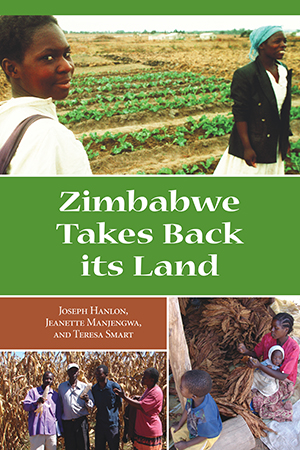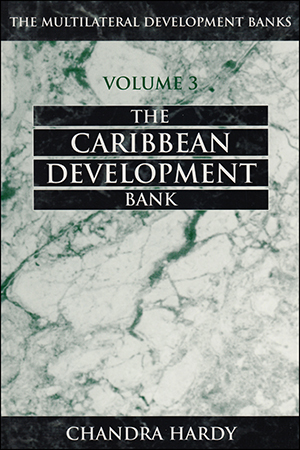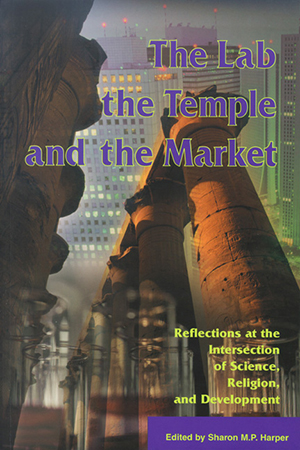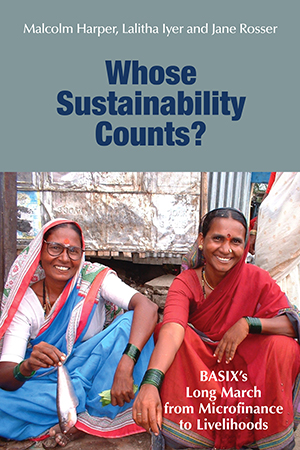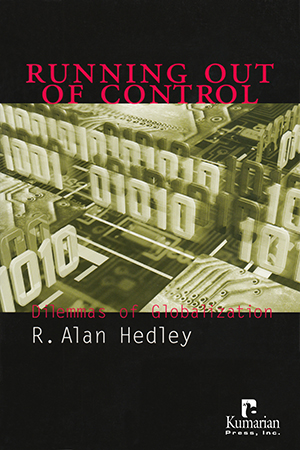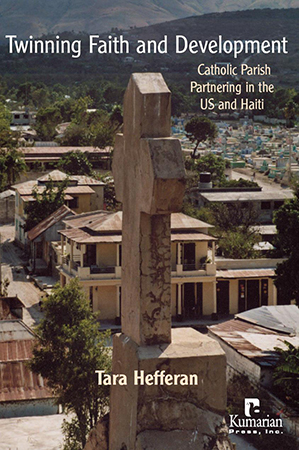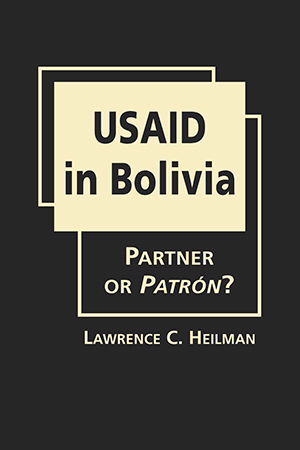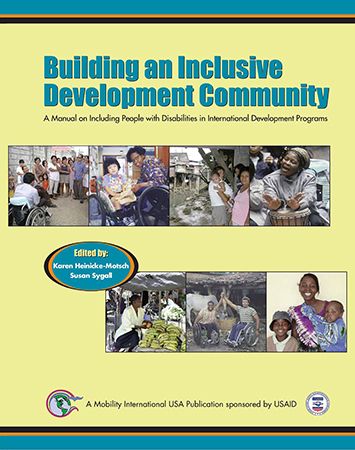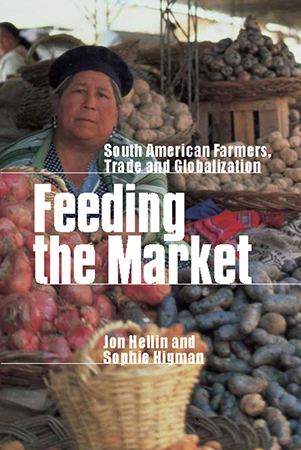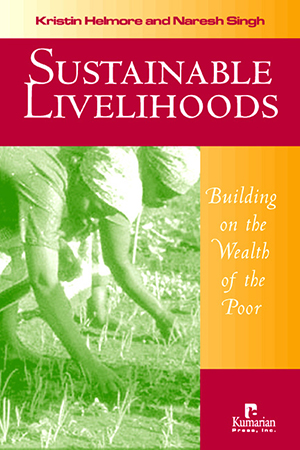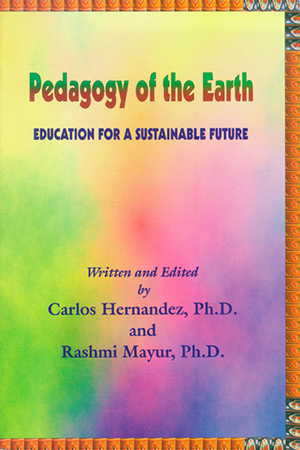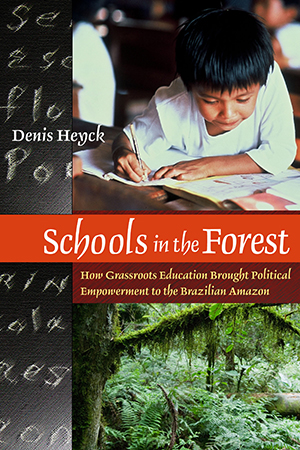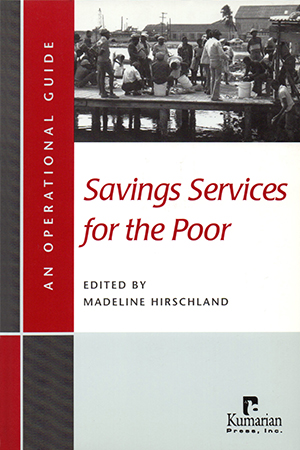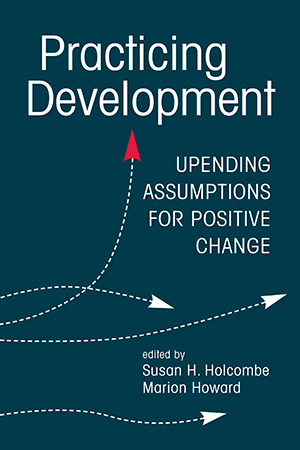Development Studies
Countering the dominant media narratives of economic stagnation, Zimbabwe Takes Back Its Land offers a more positive and nuanced assessment of the results of the contentious land reforms More >
The authors of Women and the Politics of Place analyze women's economic and social justice movements by challenging traditional views, bridging the gap between academic and activist More >
The multilateral banks are powerful forces in the international community, providing loans of more than $250 billion to developing countries over the last half-century. The best-known of More >
What do the realms of faith, science, and the world of international development have to offer one another? This book s contributors, each a scientist as well as a person of faith, tackle More >
Malcolm Harper cuts through the cynicism and disillusionment about microfinance with his account of BASIX—one of the largest microfinance firms in India—to show how the More >
Alan Hedley argues that, although for centuries technological innovation allowed humanity to gain increasing control over its fate, the trajectory of that control is now—due to More >
Twinning Faith and Development documents the operation of a project in which two Catholic churches— one in the US and one in Haiti—partner to spur development in Haiti. Hefferan More >
After Bolivia had received more than $4.7 billion from the US government to support 70 years of development efforts, why would Evo Morales abruptly expel USAID from the country in May 2013? More >
Complete book information to come. More >
Based on extensive fieldwork from the sweeping grasslands of Patagonia to the coffee farms of Ecuador, the authors illustrate the practical obstacles that farmers face in accessing markets, More >
Kristin Helmore and Naresh Singh present the details of the widely tested Participatory Assessment and Planning for Sustainable Livelihoods methodology, or PAPSL, a holistic approach to More >
The Pedagogy of the Earth is a rare collection of ideas and information by some of the finest scientists, development practitioners, public intellectuals, poets, and philosophers around the More >
Drawing on the experience of Projecto Seringueiro (Project Rubber Tapper), Denis Heyck reveals how a radical education experiment designed simply to bring literacy to rubber tappers in More >
In Savings for the Poor, Madeline Hirschland and other leaders in the microfinance field provide practical guidance for developing and managing sound savings operations for small and rural More >
Practicing Development bridges the gap between academia and the world of practice to address challenges and propose concrete steps toward more equitable, effective, and sustainable More >



